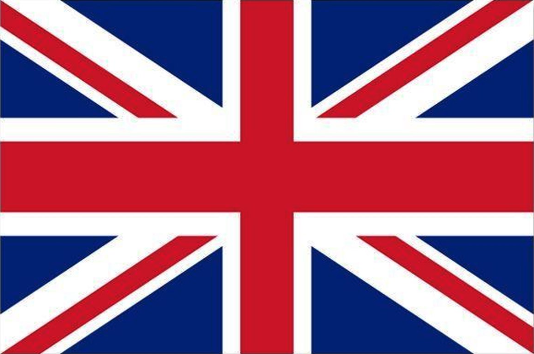Beek
Until 1949, part of Beek used to belong to Germany. It is an area with country estates including Wylerberg House and well-known Startjeshof and De Grote and De Kleine Musschenberg hotels. The smaller inn, De Kleine Musschenberg, survived the Second World War and is still keeping Beek’s rich tourist tradition alive. The difference being, that it is now on the Dutch side of the border.
Border
For centuries, the border between the duchies of Guelders and Cleves (and subsequently of the Netherlands and Germany) lay straight through the Keteldal Valley and eastwards along Rijksstraatweg road in Beek, putting the hills to the east of Beek in Germany. This included the Musschenberg and Wylerberg hills, where there have been popular hotels and inns since the 17th century. It is said that the name of the earliest inn, De Kleine Musschenberg, originates from the local name for the plant sweet woodruff.
Musschenberg
In the 19th century, the German Maas family ran De Kleine Musschenberg Inn as well as the farm, stables and fields behind it. Close relatives owned the internationally-renowned De Groote Musschenberg Hotel just down the road on the border with the Netherlands. The hotel had the German checkpoint and the first stop on the tram route to Cleves (Kleve) right on its doorstep. It was a very popular hotel, especially with the Dutch, partly because it did not have set closing times.
In 1944, Beek found itself on the frontline for a number of months and the Maas family and the hotel’s residents were interned in Camp Vught.
War
After the war, the Dutch government annexed a number of sections of German territory by way of compensation for the damage inflicted during the war. The border at Beek was moved eastwards by a kilometre. This moved this popular tourist area from Germany to the Netherlands.
The Maas family returned but De Groote Musschenberg Hotel had been destroyed and De Kleine Musschenberg Inn seriously damaged. They worked hard to restore the café-bar and all of the family were granted Dutch citizenship, with the exception of one son who opted to keep his German nationality. The current hotel and restaurant is still owned by the Maas family.









